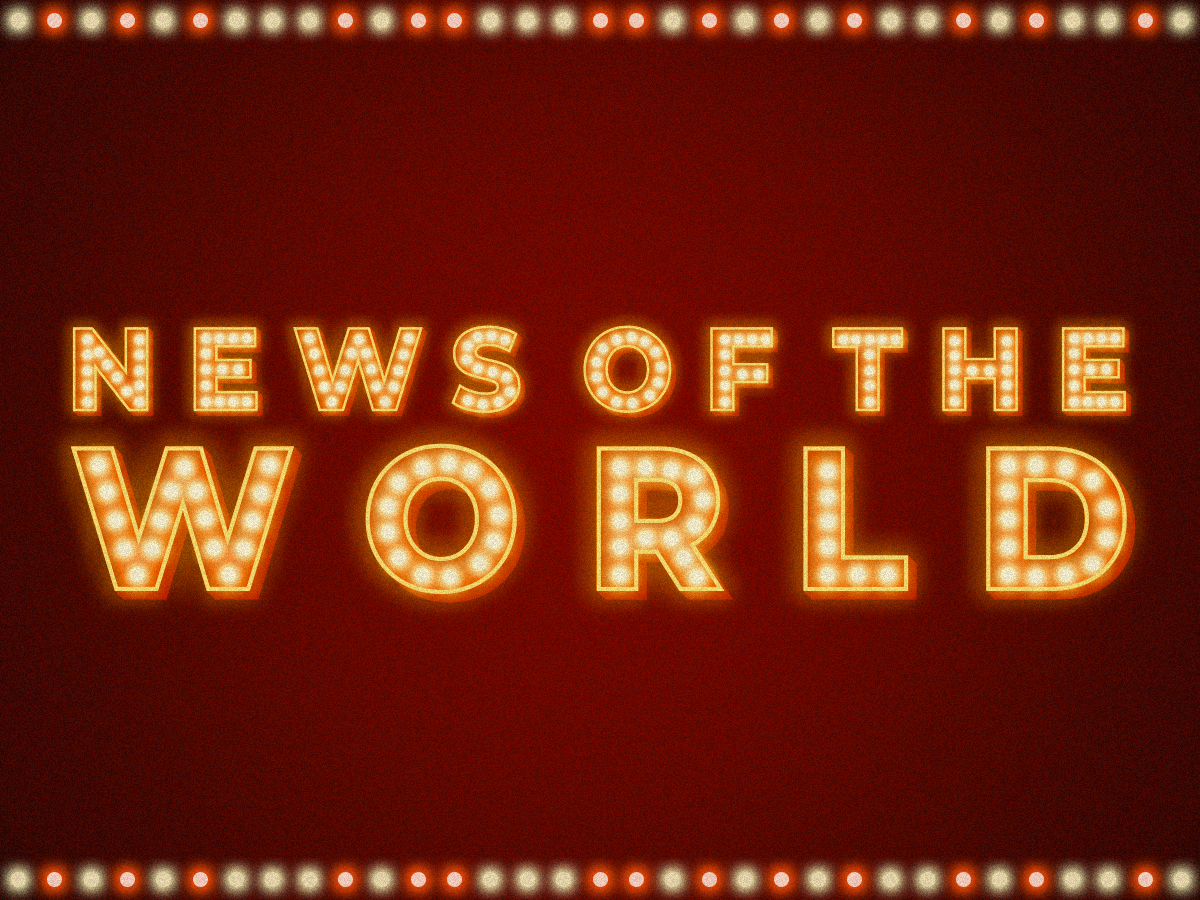
NoW
[NoW] Fugees is back!
The group returns after 25 years
2021.10.08
Credit
Article. Ilkwon Kang(Music Critic)
Design. Yurim Jeon
Everyone loves it when some musical group, who had once been explosively popular but then broke up or went on hiatus, gets back together for a reunion. It’s all the better when the group in question changed the face of pop music forever. And that’s exactly what’s happened with Fugees. The group disbanded after their 1996 album The Score but have now reunited. It’s already been 15 years since they last got together again for a performance in the mid-2000s. The group will tour to commemorate the 25th anniversary of the release of their magnum opus, The Score. It’s one of the biggest news items to hit the world of hip hop lately. Although Fugees—collectively Wyclef Jean, Lauryn Hill and Pras Michel—has only put out two studio albums since forming in 1992, people still talk a tremendous amount about them. There are a few reasons why Fugees continues to be a prevailing presence among artists who go down a similar path or even have much longer careers, despite that the group was only really active for about three years.
First of all, their second album, The Score, was a game changer. The rap and production value on 1994’s Blunted on Reality, their first album, weren’t necessarily groundbreaking but good nonetheless. But The Score they released after two years was on a different level altogether. The album took the sample-based, four-beat loops of traditional hip hop production and fused together R&B/soul, reggae, folk and rock—highly distinctive for the time. This is clear just by looking at the singles off the album: “Fu-Gee-La,” “Killing Me Softly” and “Ready or Not” all showcase different genres and fusion styles.
“Fu-Gee-La” steers close to standard hip hop, taking the sorrowful keyboard from Ramsey Lewis’ “(If Loving You Is Wrong) I Don’t Want to Be Right” and wrapping it up in the rough drumming, then replaces Teena Marie’s lively singing (from “Ooo La La La”) with Hill’s mellow vocals. Meanwhile, “Killing Me Softly,” a fairly straightforward cover of Roberta Flack’s song of the same name overtop a beat sampled from A Tribe Called Quest’s “Bonita Applebum,” is the unprecedented product of breaking down the wall between R&B and hip hop that had up to that point kept the two distinct.
Then there’s “Ready or Not,” a brilliant mixture of hip hop, R&B and new age that combines parts of Enya’s “Boadicea” with The Delfonics’ “Ready or Not Here I Come.” With its inventiveness, Fugees’ music made a huge splash in the one-note mainstream charts dominated by gangsta rap. It’s also seen as having been the beginning of alternative and progressive hip hop as we know it today.
Secondly, although the group was short-lived, each of the three members has continued on with their own successful solo career. Every one of the members’ debut solo albums—Jean’s The Carnival (1997), Hill’s The Miseducation of Lauryn Hill and Pras’ Ghetto Supastar (both 1998)—found success. Hill’s album notably made even greater waves than The Score before it. As mentioned in an article I wrote back in February titled “Lauryn Hill goes diamond,” the album redefined the scope of hip hop.
The excitement surrounding this Fugees reunion isn’t solely attributed to bringing back fond memories. It's also because people are hoping, and believing, that the group will make something new that will thrill people. Perhaps it even stems from the desire for a new Lauryn Hill album, which we’ve been waiting decades for in a cycle of anticipation and resignation.
It's possible that Fugees may fail to meet fans’ expectations for a new album and go their own ways again, just as they did in 2006. I’ll be disappointed anew if that’s the case, but as of now, I’m happy enough just being able to see the three of them perform on stage together one more time. I never thought I’d hear the masterful tracks off The Score performed live again!
TRIVIA
The Score
The legacy left behind by The Score, now celebrating 25 years since its release, is breathtaking. The album sold more than seven million copies in the United States alone, with each of its three singles moving over a million units. Not only was it hailed as near perfection across the media, but it was also nominated for Album of the Year at the Grammy Awards and won Best Rap Album. It’s also been featured on various outlets’ lists of the best rap/hip hop albums and the most important pop music albums of the 20th century.
Copyright © Weverse Magazine. All rights reserved.
Unauthorized reproduction and distribution prohibited.
Unauthorized reproduction and distribution prohibited.
Read More
- [NoW] 역사를 새로 쓴 여성 래퍼, 랩소디2020.11.20
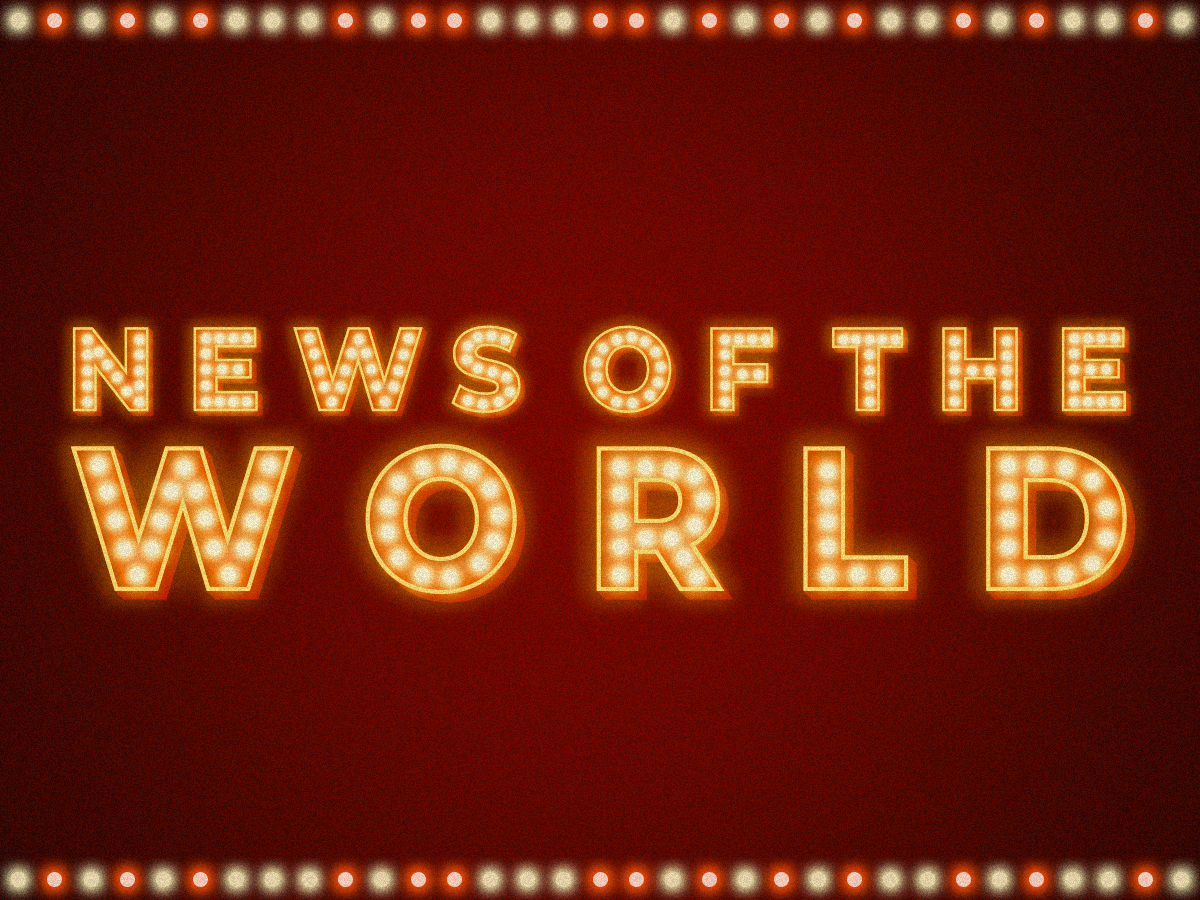
- [NoW] Jay Electronica, Back in 20202020.12.24
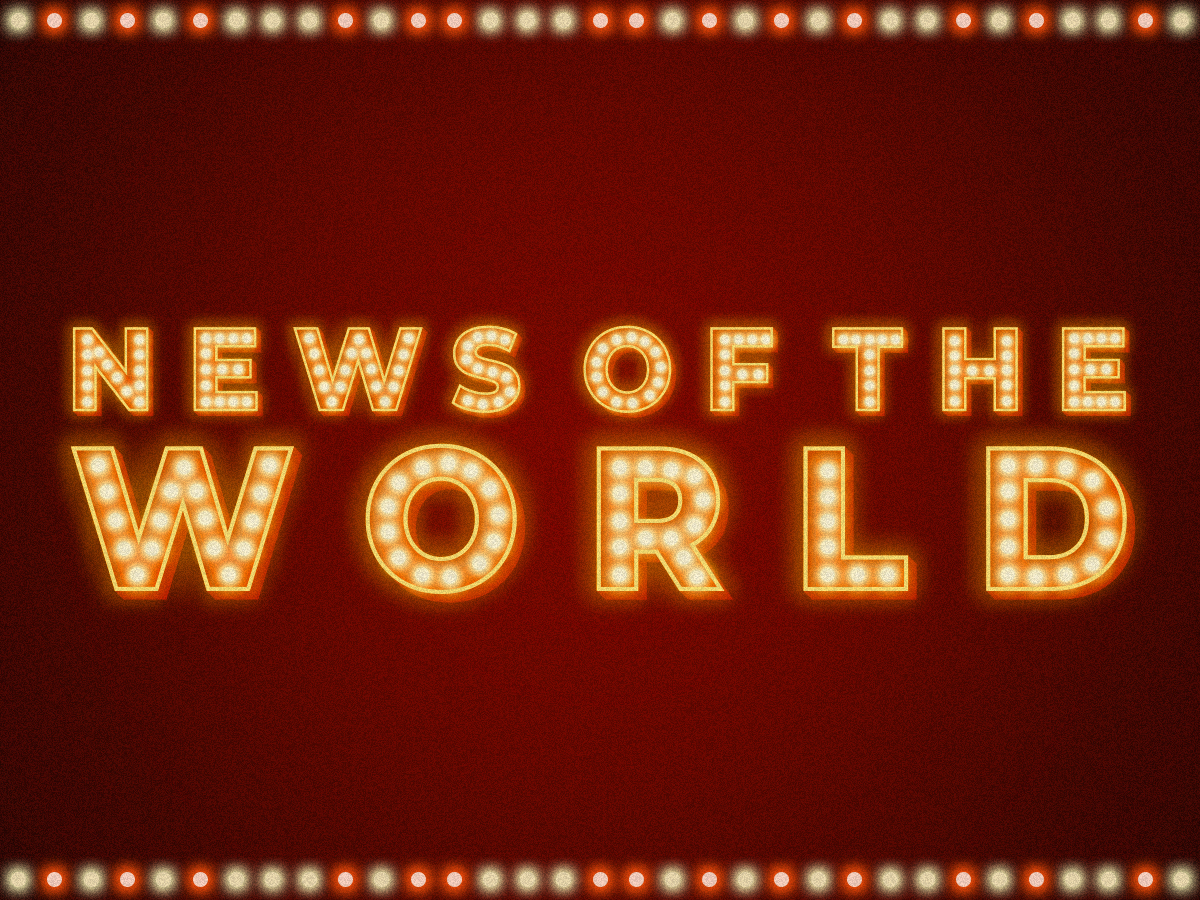
- [NoW] RIP MF Doom2021.01.22
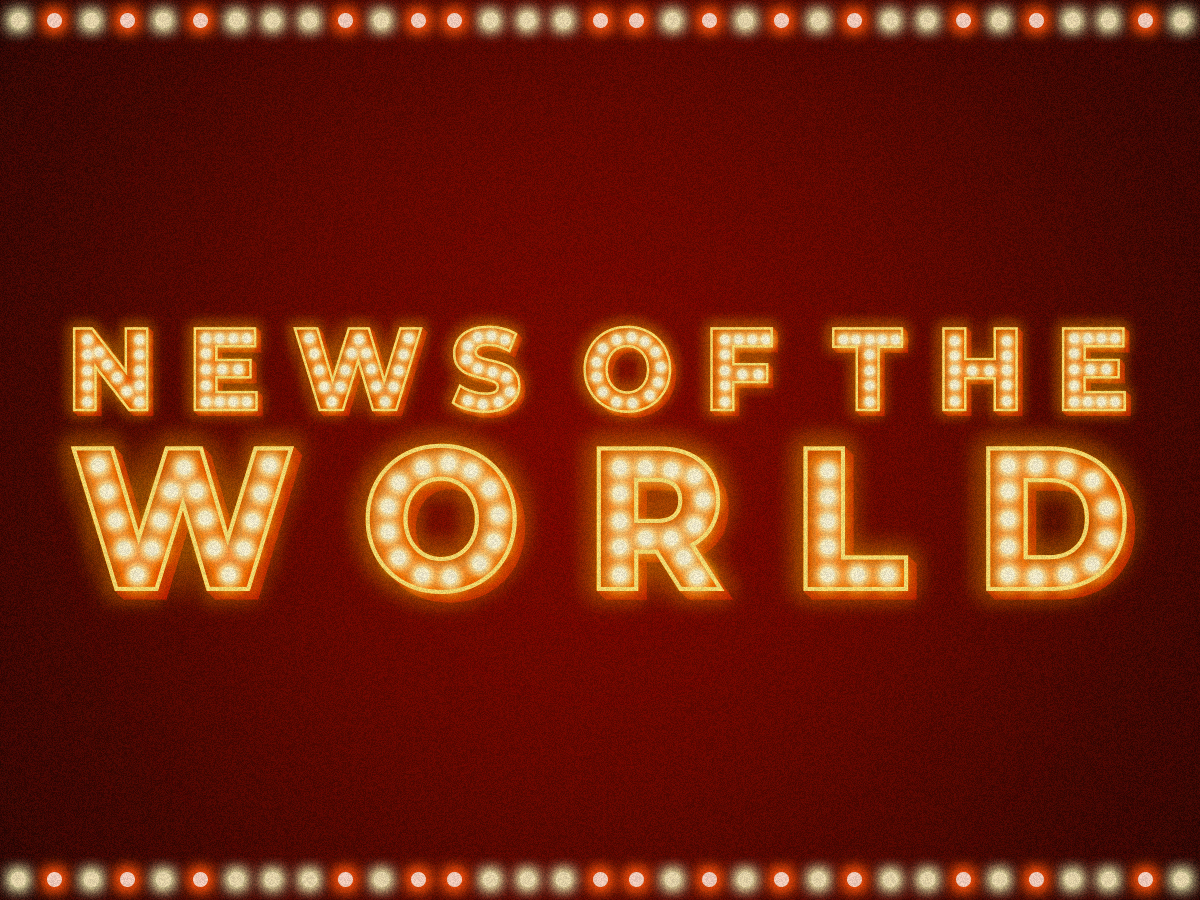
- [NoW] Lauryn Hill goes diamond2021.02.26
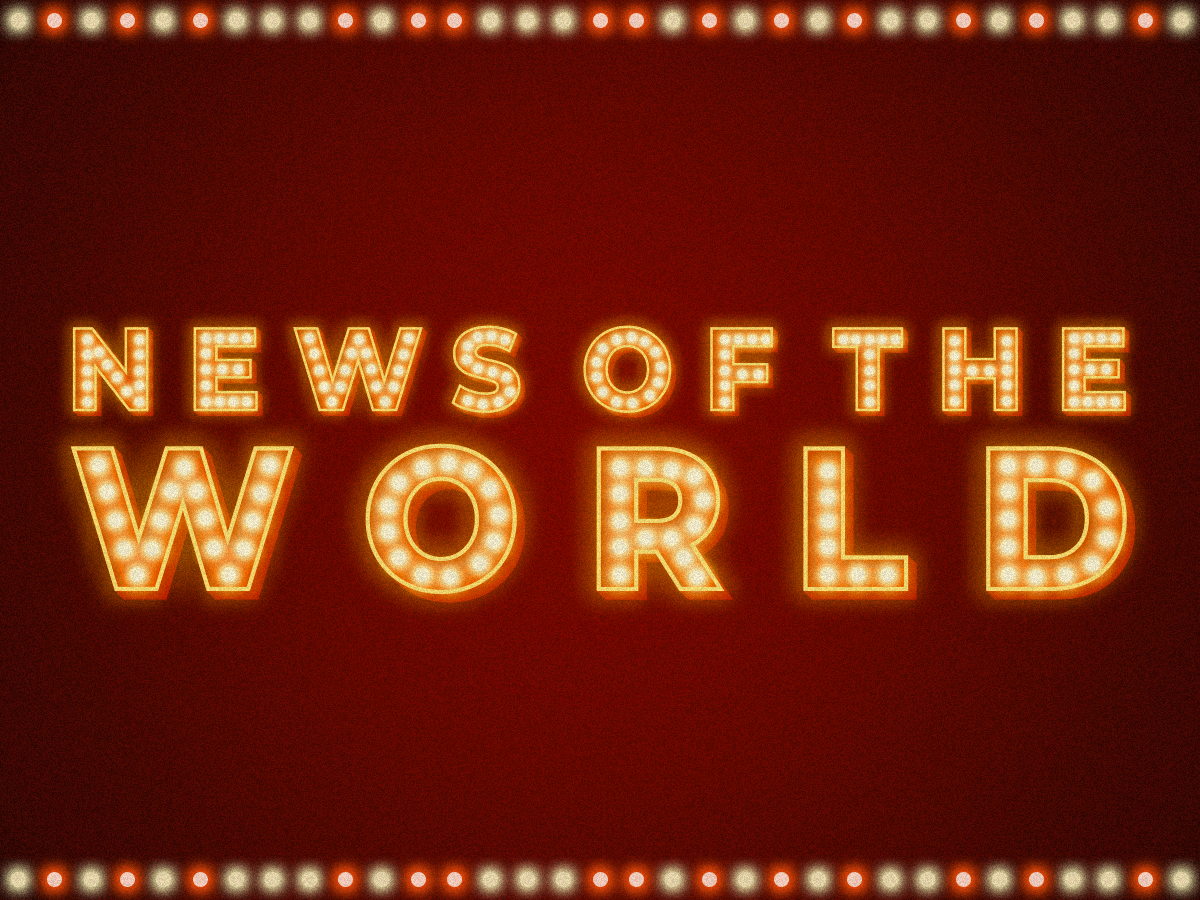
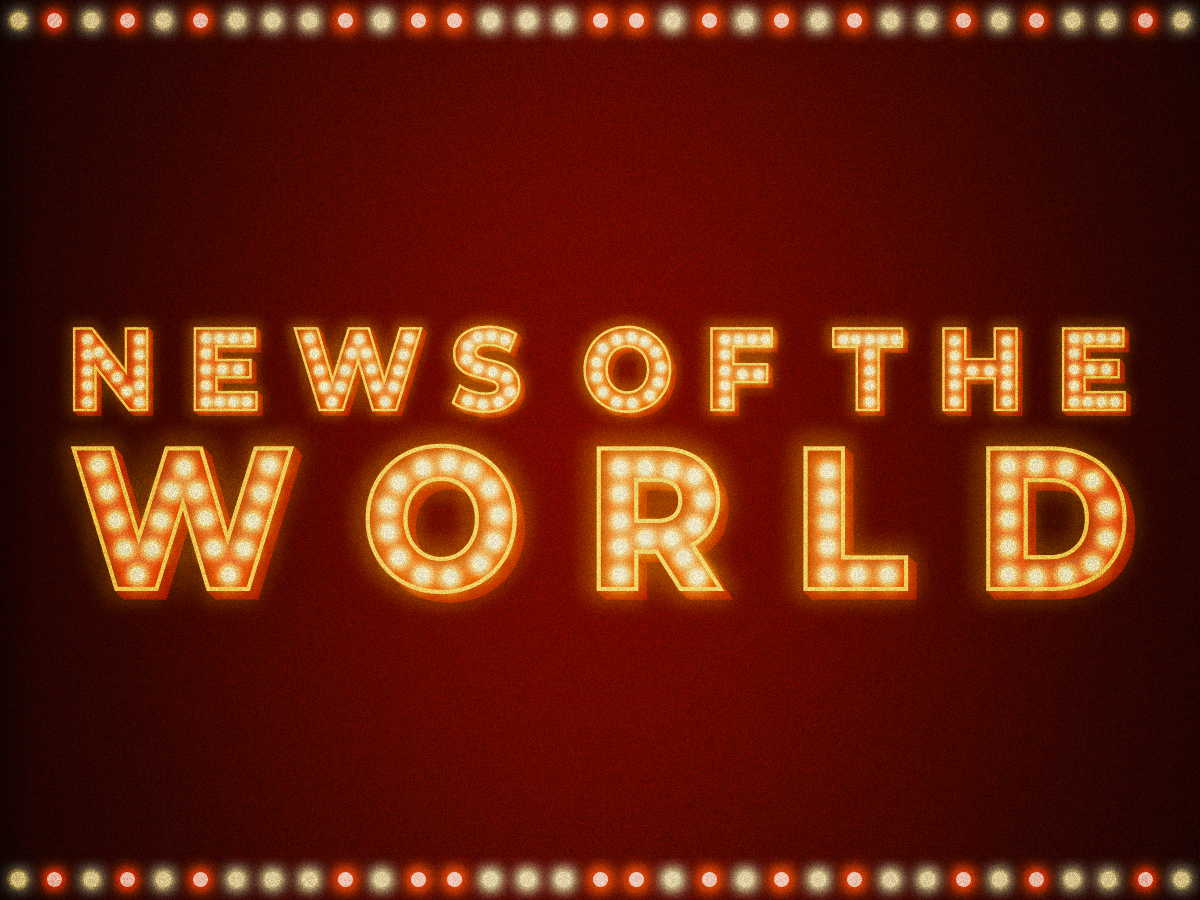
- [NoW] 콜 미 바이 유어 네임, Lil Nas X2021.04.23
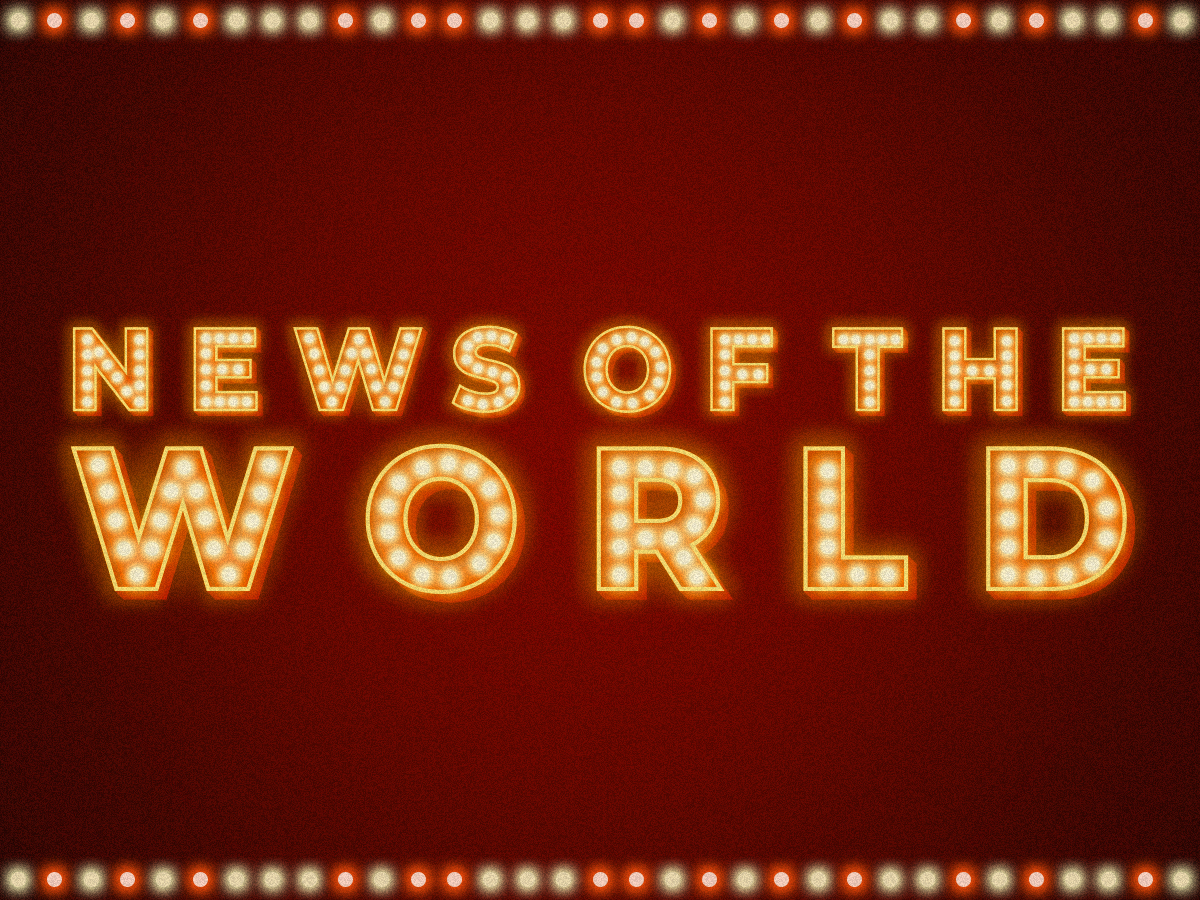

- [NoW] Kenny Beats2021.06.18


- [NoW] Hiatus Kaiyote2021.08.13
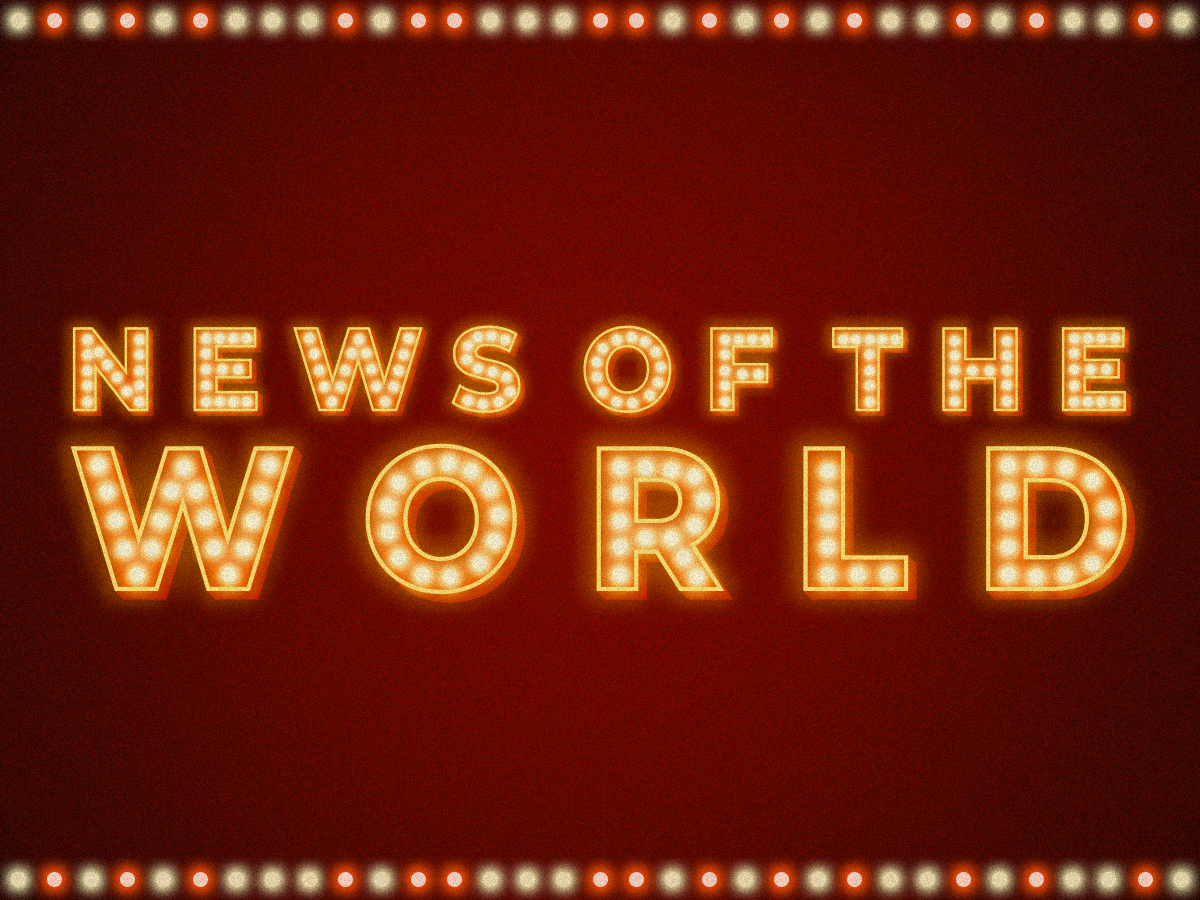
- [NoW] Lizzo’s “Rumors”2021.09.10
